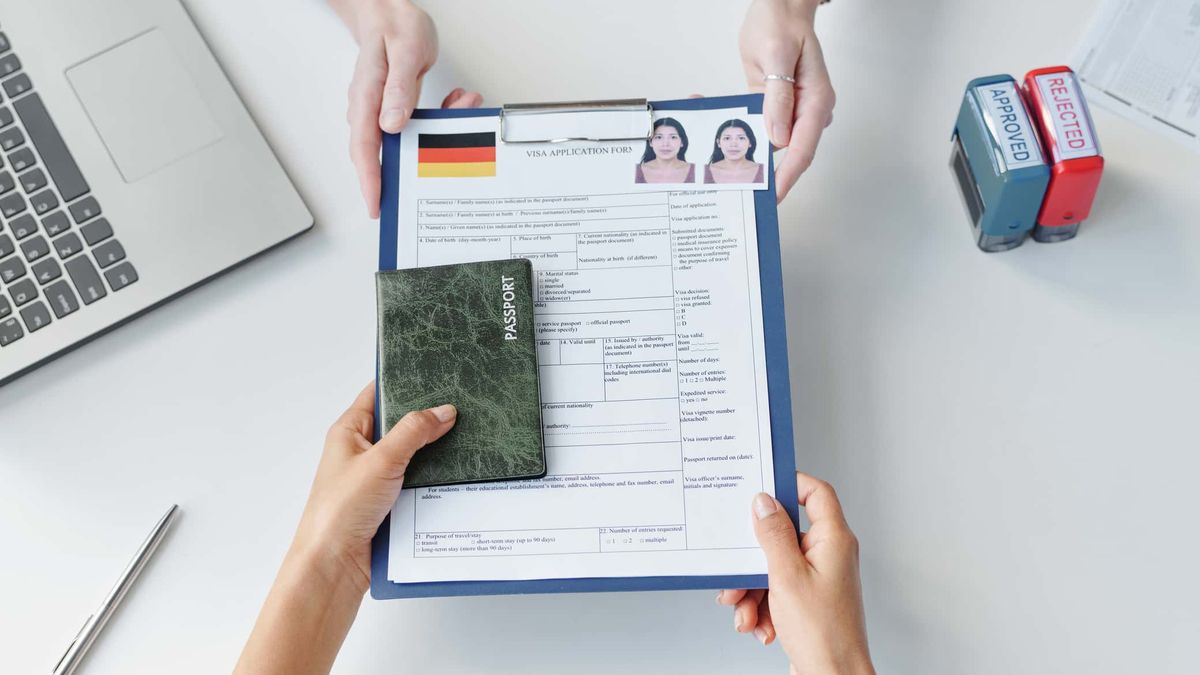Many Latin Americans aspire to emigrate to Europe looking for economic improvement and the opportunity to immerse themselves in different cultures and traditions. Among those with German ancestry, the desire to obtain German citizenship based on their surnames is common, which would allow them to connect with their roots and explore new opportunities on the European continent.
Historically, it is estimated that More than 80,000 Germans arrived in Argentina during and after World War II. Currently, the German Embassy indicates that more than 600,000 people in Argentina have German ancestry, which reflects the roots and influence of this community in the country.
In Germany, the main method to acquire citizenship is through the right of blood, known as Ius Sanguinis in Latin. This principle establishes that any individual born to at least one German parent is automatically entitled to German nationality.
What are the surnames that make it easier to process German citizenship?
Surnames that can help you apply for German citizenship are
- Müller
- Schmidt
- Schneider
- fischer
- Weber
- Meyer
- Wagner
- Becker
- Schultz
- Hoffmann
- Schäfer
- Koch
- Bauer
- Richter
- Klein
- Wolf
- Schröder
- Neumann
- Schwarz
- Zimmerman
emigrate germany.jpg
If you have someone in your family tree with any of these German surnames, they can be your door to getting your passport
How to register your surname to apply for German citizenship
Those seeking a German passport who were born after September 1, 1986 must determine a surname in accordance with German law, which is done only once.
To renew your passport, you must file your surname or register your birth in the German civil registry. There are two methods to establish the family name: Prove birth in a civil registry or file a surname declaration.
Birth registration in the corresponding Civil Registry in Germany
German citizens born outside Germany can register your birth in the Civil Registry in Germany through the German Embassy. In this process, the Civil Registry receives the application for birth registration, which also includes the choice of surname, and issues a German birth certificate. Although this procedure is not mandatory, it can be useful for future procedures, such as confirming German nationality.
As indicated by the Embassy, for minors whose parents were born outside of Germany after January 1, 2000, birth registration in the German registry will be mandatory. It is not necessary to obtain a German birth certificate if you already have a citizenship letter in the name of the applicant.
Submission of a surname declaration
Those interested in this procedure must request an appointment and complete the “surname declaration for a minor” or “surname declaration for an adult”, as appropriate.
As reported by the Embassy, the surname declaration is incorporated into the birth registration formon the penultimate page.
Source: Ambito
I am an author and journalist who has worked in the entertainment industry for over a decade. I currently work as a news editor at a major news website, and my focus is on covering the latest trends in entertainment. I also write occasional pieces for other outlets, and have authored two books about the entertainment industry.




